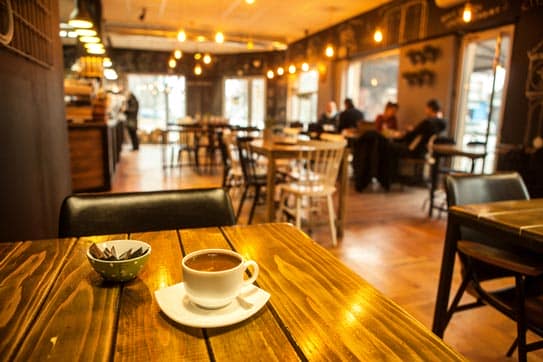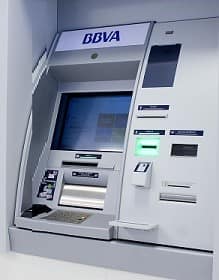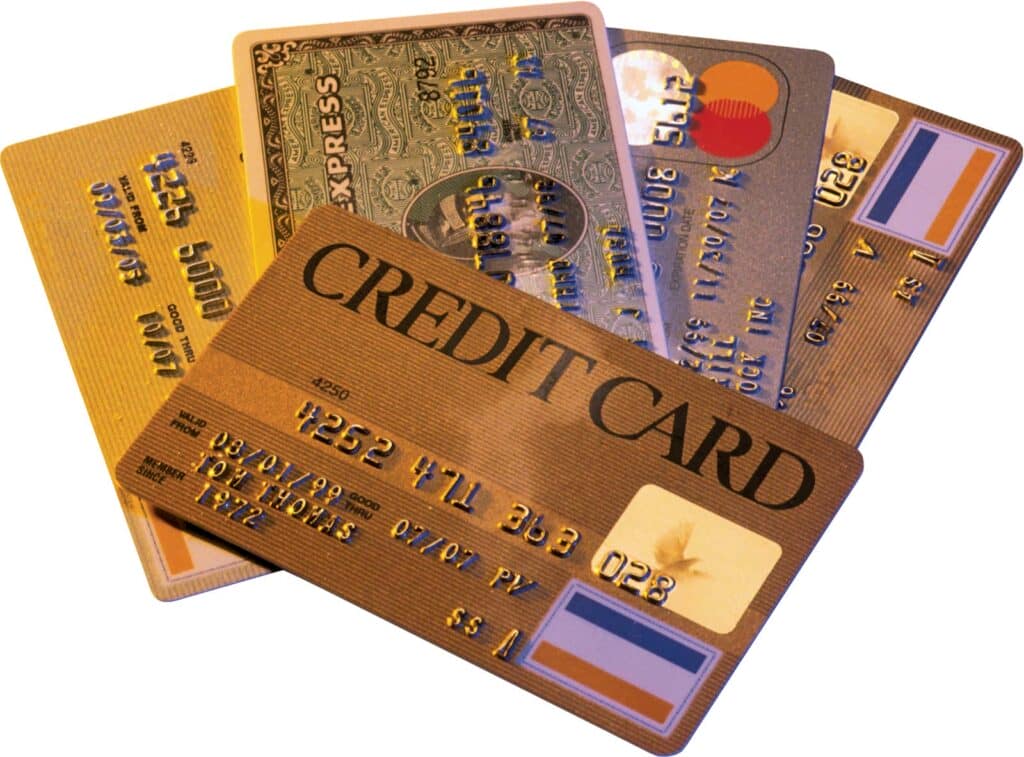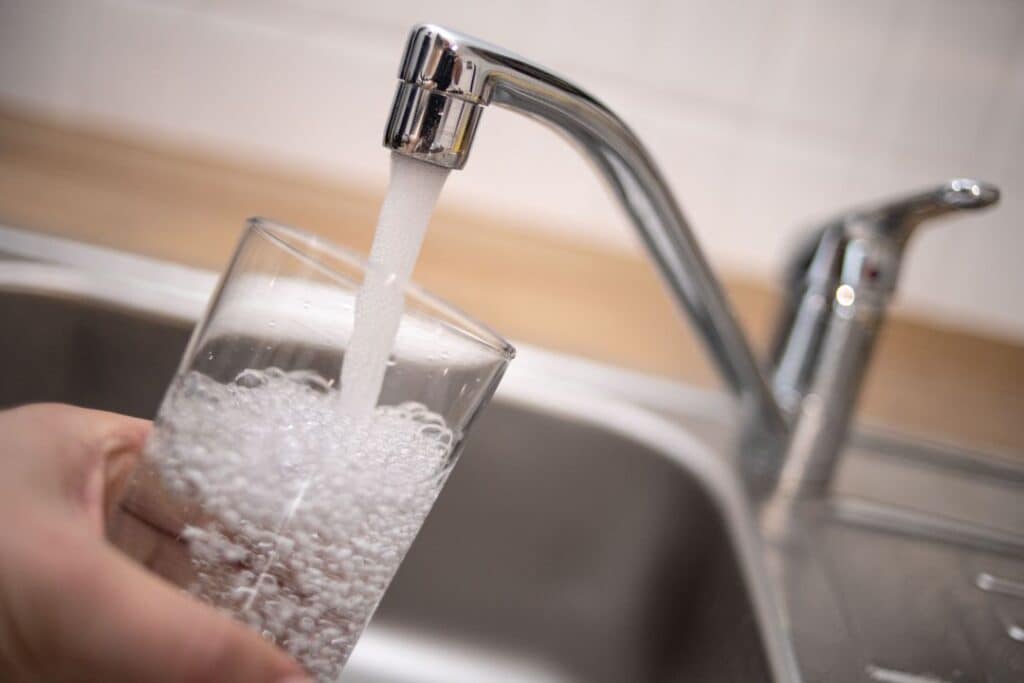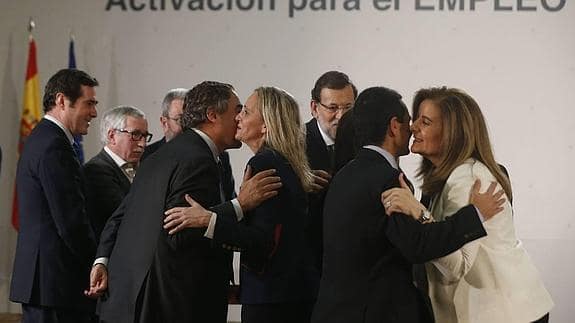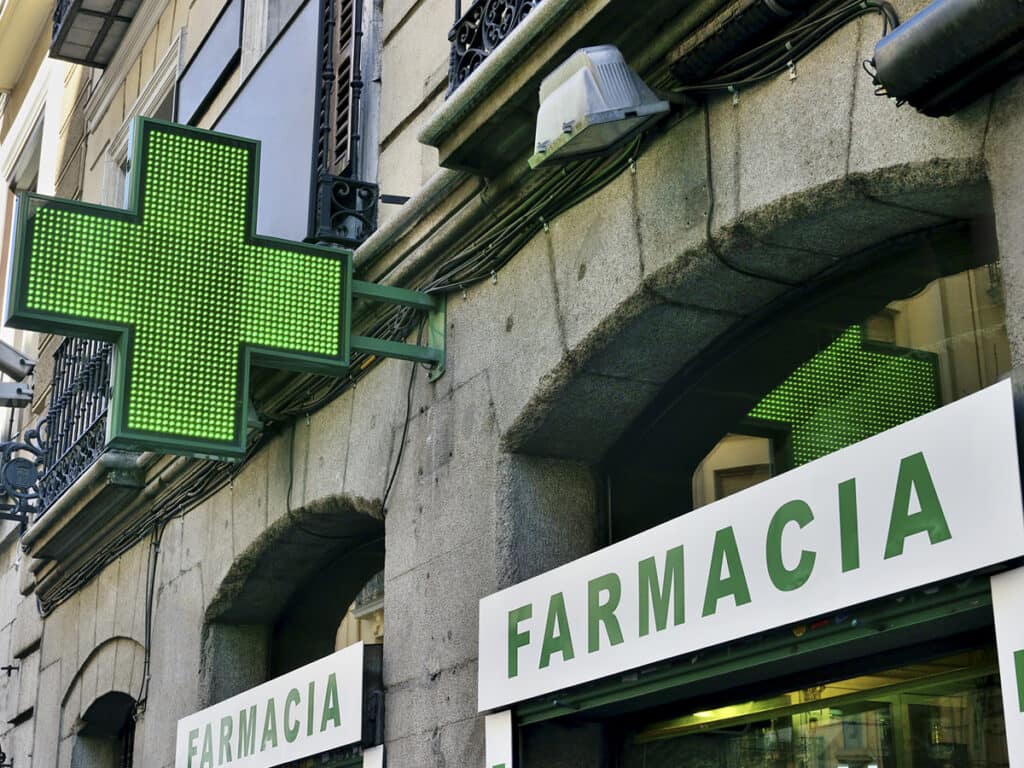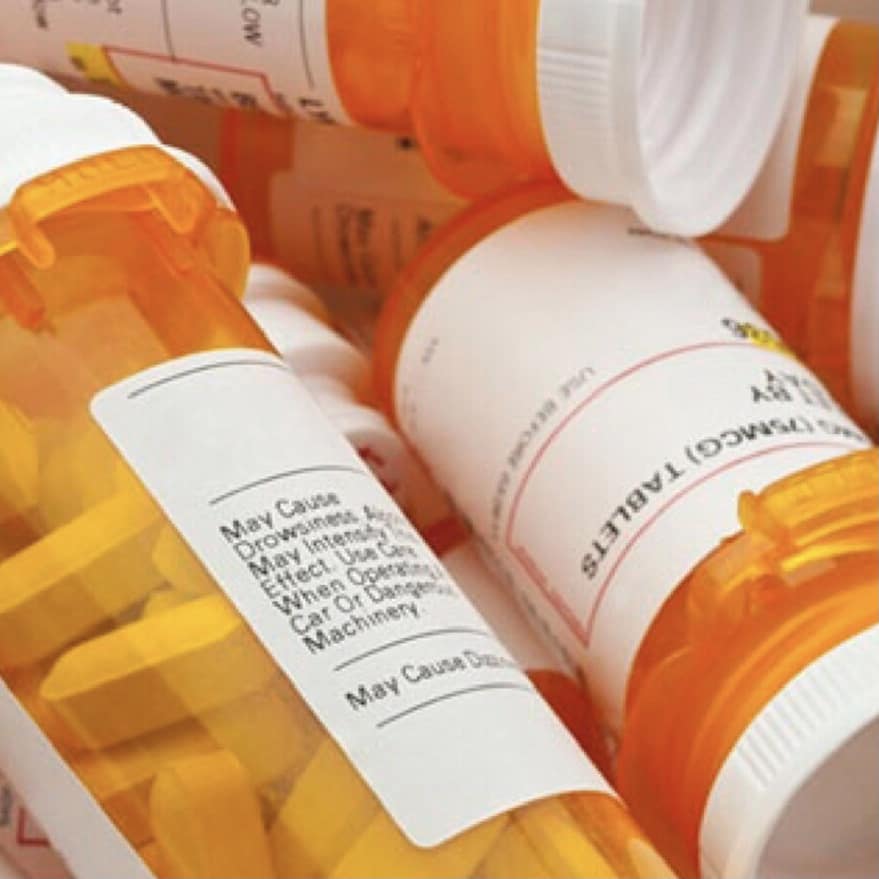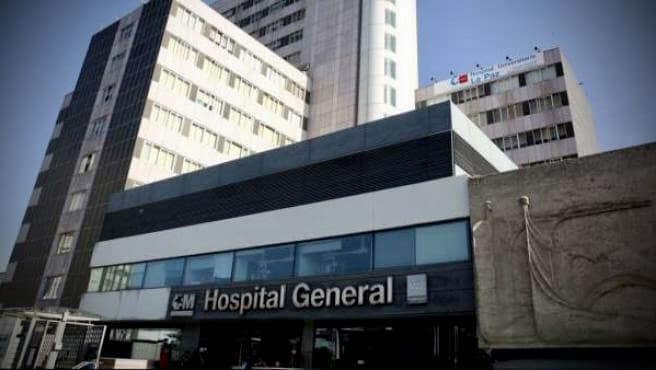1. The Siesta and Business Hours
Although few Spaniards actually take a nap, the siesta period of the day is still observed across Spain. Most businesses, family run or not, close between 2-ish and 5-ish for lunch and a rest. Businesses will then reopen for another three or more hours.
2. Mealtimes
Spaniards eat at odd times, compared to the rest of the world.
Many cafés and hotels do not start their breakfast service until 8 am; lunch at home and at restaurants is never before 1pm, and usually after 2pm; and dinner at home and at restaurants is never before 8pm and usually after 9pm.
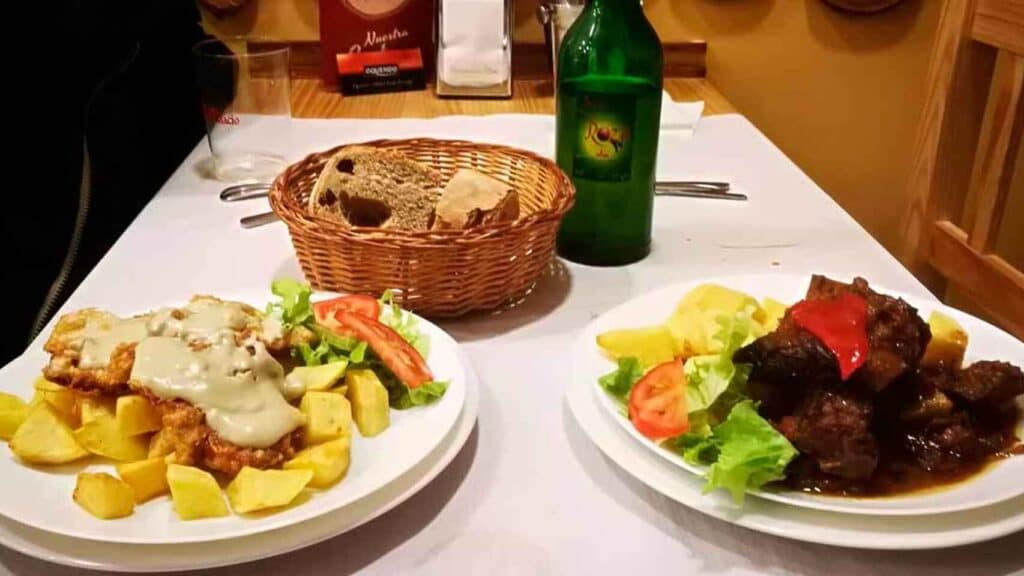
3. Bars & Cafés
In Spain, bars are the same as cafés, except that the latter do not usually serve alcohol. Most towns and villages will only have a bar (or two). Both serve food and tapas, and both are family friendly.
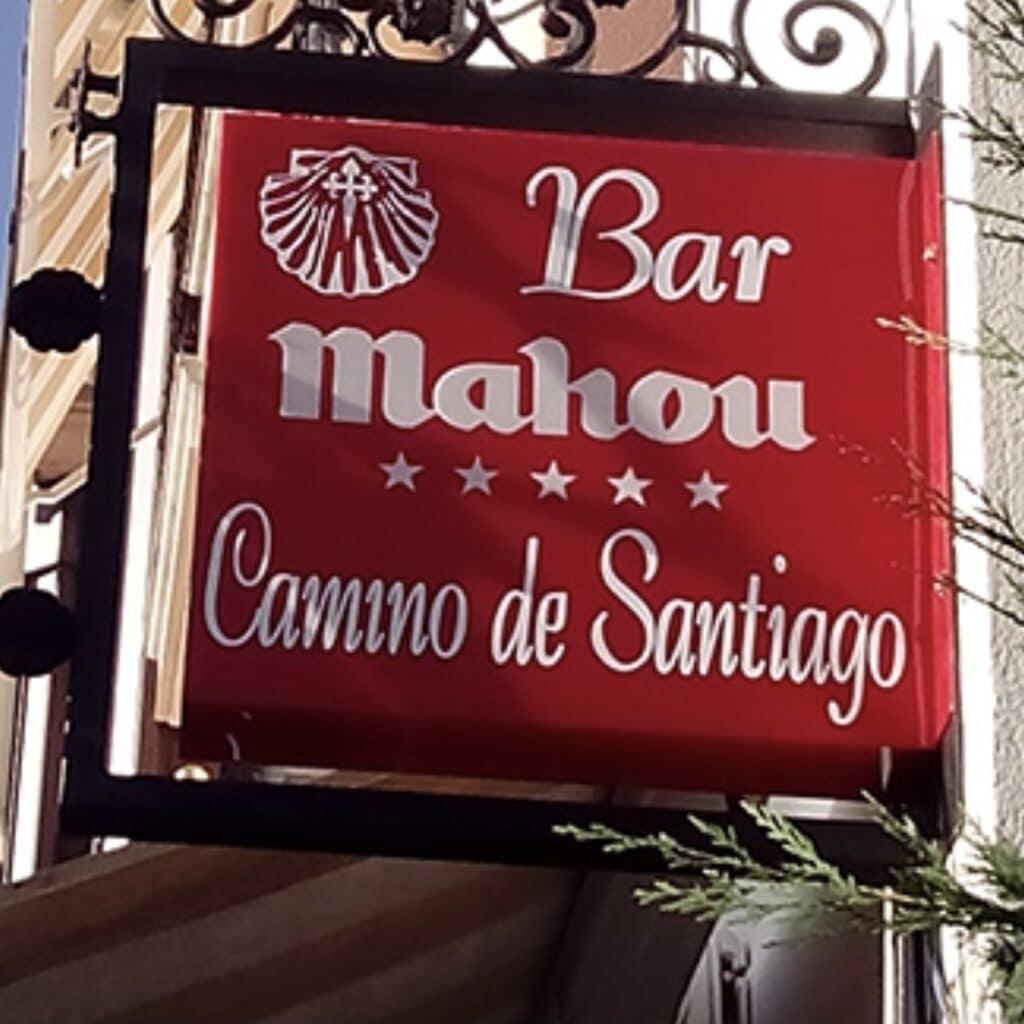
4. Tapas
Everyone’s heard of Spanish tapas, but do you know what they are?
The answer is simple: it’s free food, usually bite-sized, that is provided with your drink and that you did not order. So, if you are given food that you did not order, enjoy it, it’s free!
Be warned that free tapas do not happen everywhere in Spain. Many regions, such as Cataluña, will offer tapas but only if you pay for them.
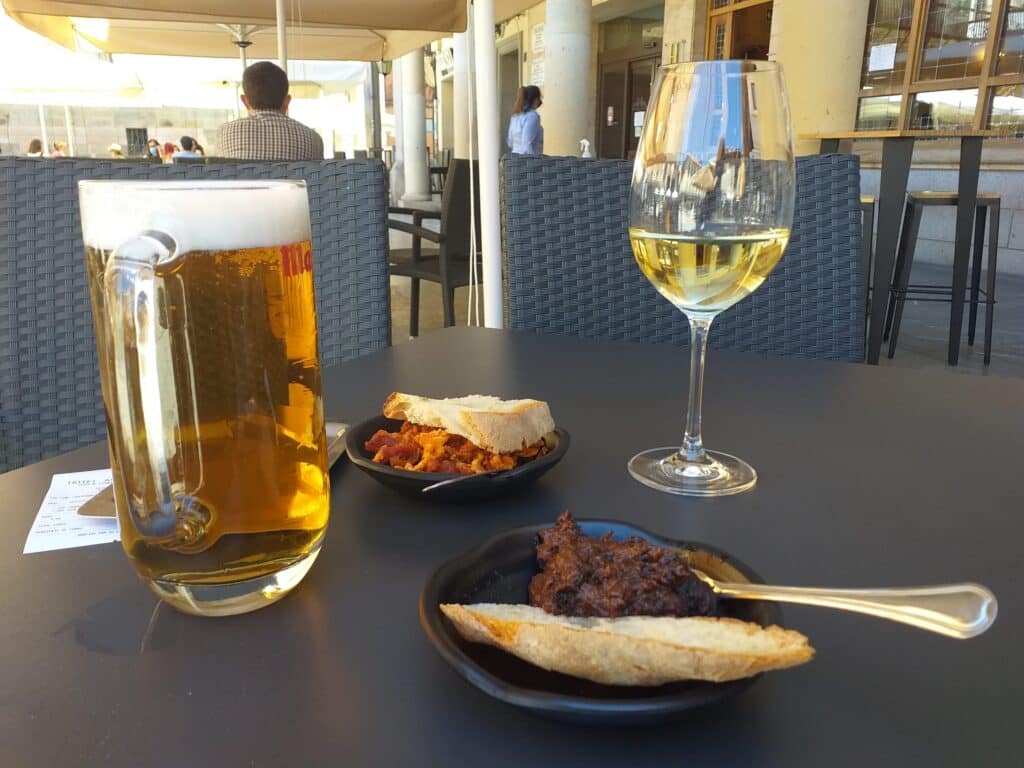
5. Tipping at Cafés & Restaurants
It’s OK not to tip, but it’s also nice to tip if the service was good.
At a café we tend to leave the small change, and at a restaurant, rule of thumb is to leave between 5% and 10% (depending on how good the service was), and only if ‘service’ is not included in the bill.
Although waiters and waitresses work long, hard hours, they are also paid (at least) minimum wages and have paid leave.
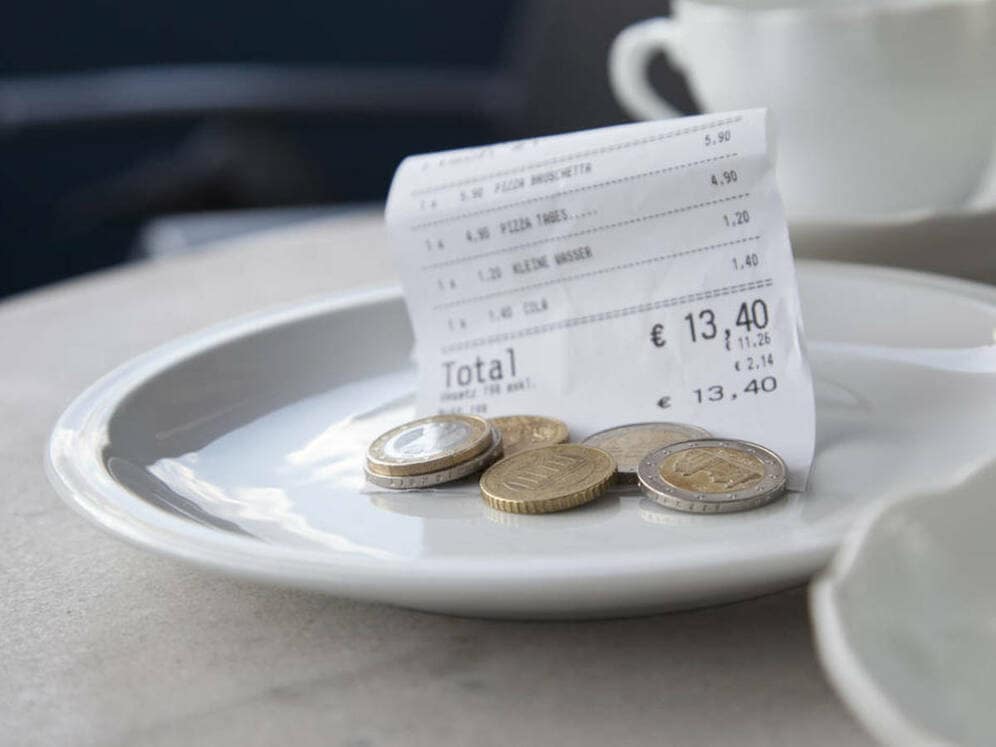
6. Bussing tables
We do not clear our tables at bars and cafés.
7. The Bidet
The bidet is still a common feature in many hotels and homes. We would not use it to brush our teeth.
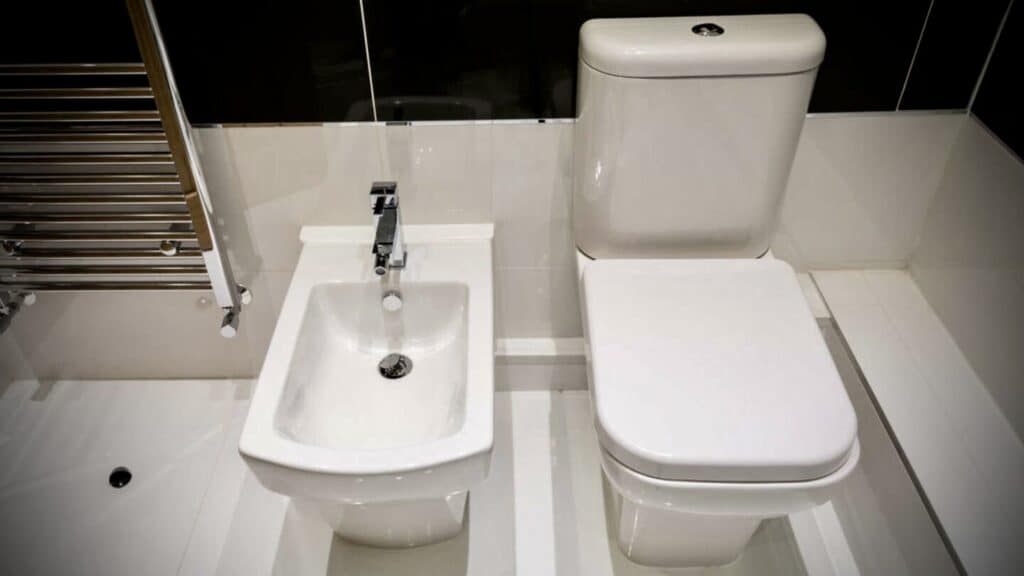
8. ATMs
These are found in all town centers and in most larger villages.
Tip: It is best not to use them at the weekend or on Friday afternoon as, in case there is a problem with you card, the bank will not reopen until Monday morning.
9. Credit and Debit Cards
These are accepted everywhere as long as you are using VISA or Mastercard. American Express is usually not accepted at smaller businesses.
10. Currency Exchange
It is not possible to exchange currency outside of major cities even if there is a bank. Most banks in Spain no longer offer this service and will direct you to their ATM.
Tip: If you are bringing cash, change it at the airport on arrival. Or even better, use an ATM and withdraw only what you need.
11. Tap Water
Yes, you can drink it. Yes, it’s tasty. Yes, it’s as good as the bottled stuff. And yes, it’s better for the environment.
Tip: Tap water is always treated; drinking fountains along the Camino may not be.
12. Greeting People
Greeting people in Spain can be confusing for foreigners, often leading to embarrassing situations.
We shake hands in a (very) formal situation.
In a less formal situation, we shake hands or air-kiss each cheek. However, cheek kissing is only acceptable between ladies, and gentlemen and ladies.
Finally, in an informal situation, we do the same as above, except that cheek kissing between gentlemen is allowed if they are family.
Therefore, if you do not know what to do, wait and see what the Spaniard does. And remember, not returning the cheek air-kiss can be rude.
13. Vale (pronounced Bah-Leh)
You’ll hear Spaniards say Vale everywhere, in any situation and all of the time. Vale means: OK
14. Pharmacies
Pharmacies are easily found in cities and most towns. They will always display a large, bright green cross. If the cross is not green, it’s not a pharmacy.
Be warned that pharmacies may close for siesta. Likewise, their opening hours vary significantly, some closing later than others in the evening.
15. Prescription Drugs
No, you cannot buy them over the counter and your doctor’s prescription from home will not be accepted.
16. Emergency Services & Seeing a Doctor
Every city in Spain has a least one General Hospital and an ER, and every town has a Health Center. There is also a good chance that someone will speak English, although probably not fluently. This means that there is always medical help nearby on the Camino.
Depending on the triage, you will receive medical attention or not. The service is not free, even if you have travel insurance. However, if a doctor believes you must be seen, you will be seen, with or without payment. Note that health care services and protocols may vary significantly between regions in Spain.
The emergency number in Spain is 112. This number covers any emergency, from police, to firefighters, to doctors.


